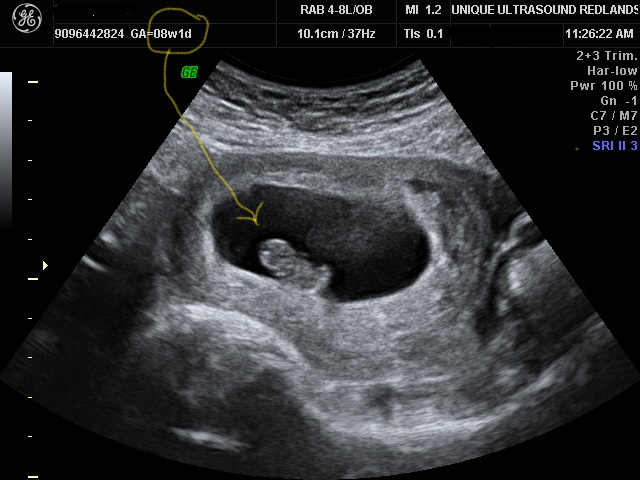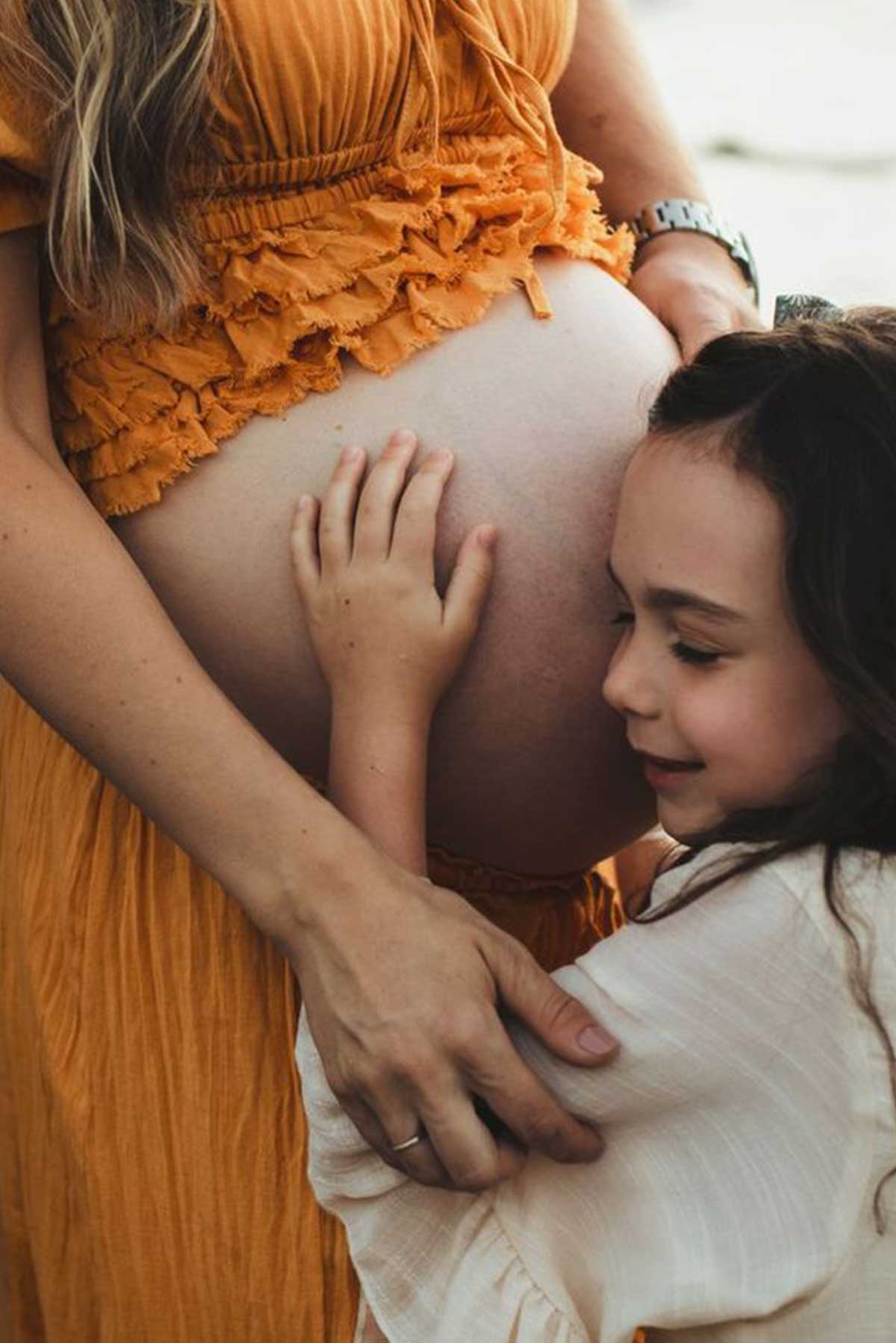



 So much happens in the first trimester, the first 12 weeks of pregnancy! Your baby is growing at an amazing rate. Over 100,000 new nerve cells form every minute! These nerve cells make pathways in your baby's brain, connections that will one day help your baby to think, move and communicate with others. Even your baby's teeth, which usually don't pop out until around six months of age, begin to take shape by nine to eleven weeks after conception.
So much happens in the first trimester, the first 12 weeks of pregnancy! Your baby is growing at an amazing rate. Over 100,000 new nerve cells form every minute! These nerve cells make pathways in your baby's brain, connections that will one day help your baby to think, move and communicate with others. Even your baby's teeth, which usually don't pop out until around six months of age, begin to take shape by nine to eleven weeks after conception.
By the end of your third week, your baby has a beating heart! The brain and nervous system are beginning to form and over the next four or five weeks, your baby's organs develop which include the liver, pancreas, lungs and eyes. When you reach the end of the first trimester (12 weeks), your baby is fully formed in your womb, down to tiny details such as hair follicles, vocal cords. fingernails and even their taste buds!
Let's talk about placentas. This organ grows along with your baby in your womb and connects the baby to your bloodstream. It carries nutrients to the baby and takes away baby's waste. The placenta also produces hormones, including one called human chorionic gonadotropin, or HCG. This is the hormone that make you miss your period. While the placenta keeps some substances in your blood from entering your baby's circulation, it doesn't keep every harmful substance away from your baby. So, the earlier you know you are pregnant, the sooner you can pay special attention about what goes into your body! That’s why we offer a First Look Ultrasound starting at just five weeks!
The first trimester can be the most challenging for Moms. Many hormone changes happen, along with tender breasts, queasy stomachs and utter exhaustion. Mood swings are also common during the first trimester. But most women feel much better physically and emotionally by their second trimester. Listen to what your body is telling you and try to focus on what you need to do today, not 3 months from now, just today.
Eating can sometimes be a challenge while you’re still feeling nauseous but try eating small meals throughout the day. This helps even your blood sugar and it is easier for your body to digest small amounts rather than big meals. Remember you are eating for two, but that doesn’t mean that you need to eat twice as much, but it does mean that you should concentrate on foods that pack a lot of nutritional punch into each bite!
Taking care of yourself during pregnancy gets your baby off to the best possible start in life. Mom’s who eat well during pregnancy often have fewer problems with morning sickness, constipation, fatigue and heartburn. They also are less likely to develop pregnancy complications, such as anemia, preeclampsia, gestational diabetes, premature birth or giving birth to a baby with low birth weight.
During your pregnancy, it is very important to get plenty of rest, at least eight hours every day as well as exercise. Incorporating a regular exercise program not only makes you sleep better but it can also give you more energy. Any low impact exercise like walking swimming and even yoga are all great ways to keep yourself moving throughout your pregnancy.
Remember Mom, your body is growing a little human and even though we get to experience seeing these little miracles everyday, it still amazes me!
Book an appointment now to see your new little one by clicking here. Or call us at (951) 703-3087.




